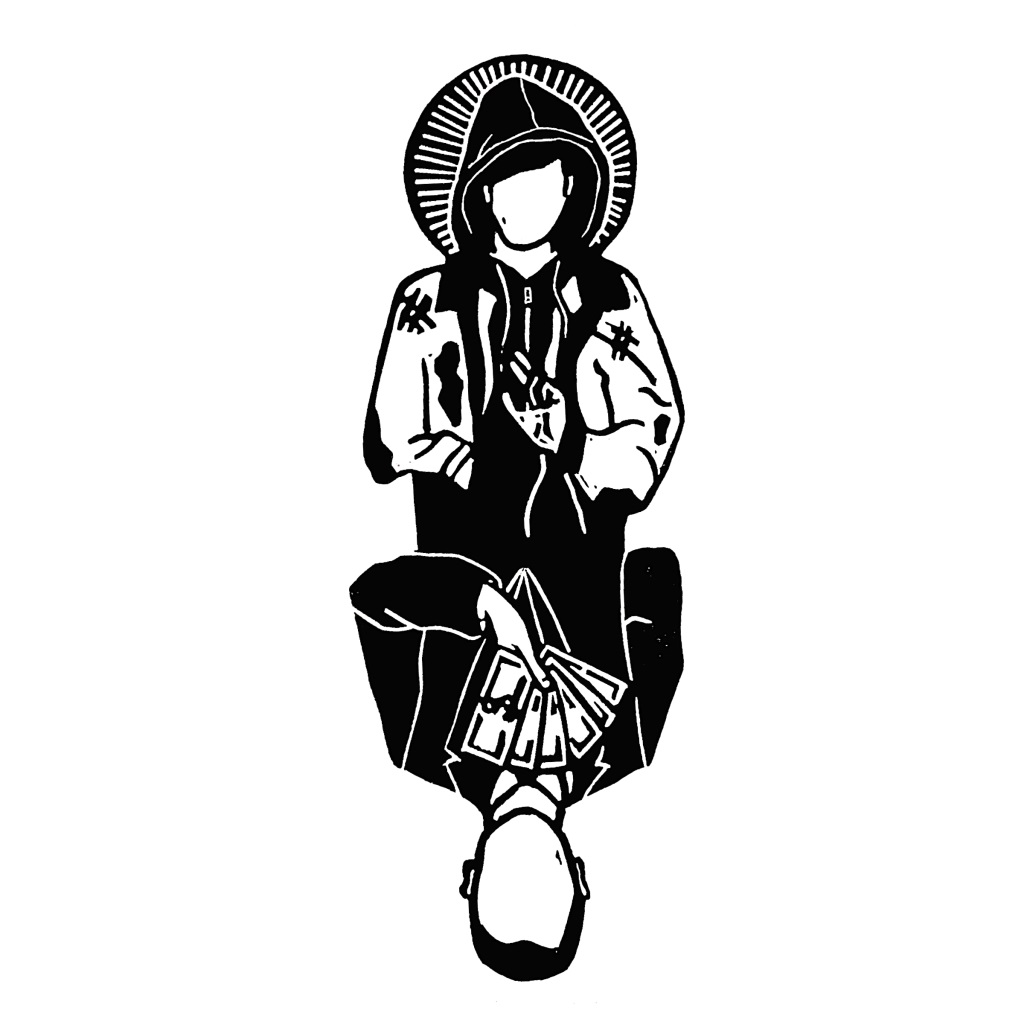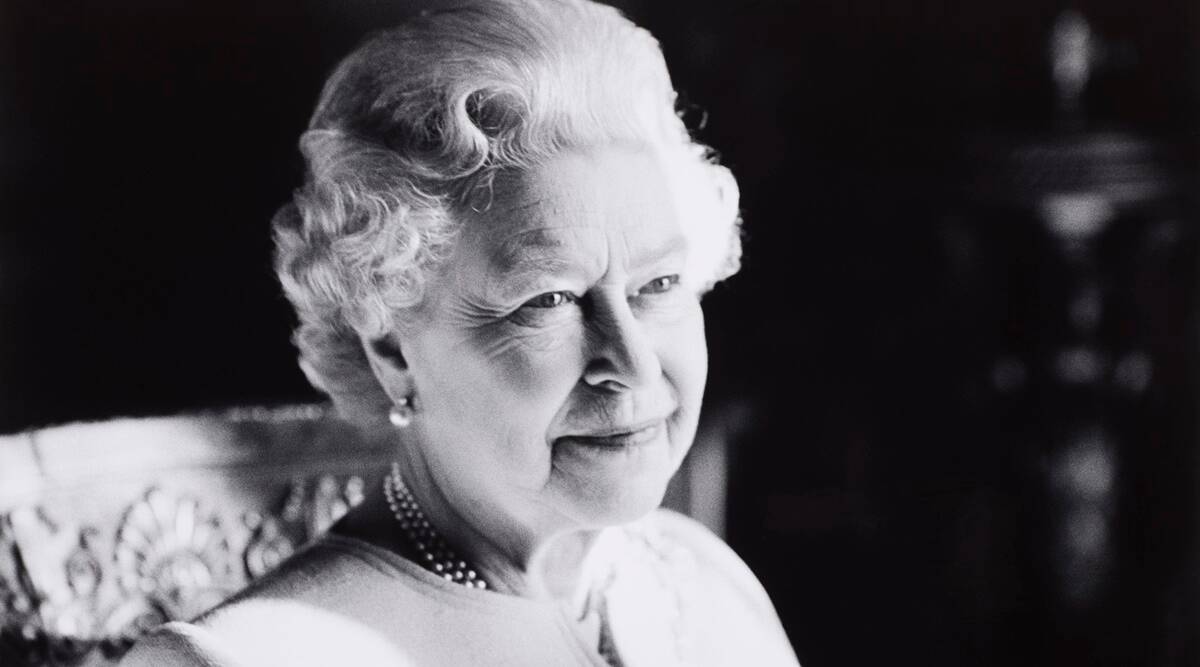
To download a copy of the order of service, please click here:
22 09 25 The Fifteenth Sunday after Trinity Eucharist
To watch this week's service on YouTube, please click here:
https://tiny.cc/walkleystmary-youtube
The Readings
Jeremiah 32. 1 - 3a, 6 - 15
A reading from the Book of the Prophet Jeremiah.
The word that came to Jeremiah from the Lord in the tenth year of King Zedekiah of Judah, which was the eighteenth year of Nebuchadrezzar. At that time the army of the king of Babylon was besieging Jerusalem, and the prophet Jeremiah was confined in the court of the guard that was in the palace of the king of Judah, where King Zedekiah of Judah had confined him. Zedekiah had said, ‘Why do you prophesy and say: Thus says the Lord: I am going to give this city into the hand of the king of Babylon, and he shall take it;
Jeremiah said, The word of the Lord came to me: Hanamel son of your uncle Shallum is going to come to you and say, ‘Buy my field that is at Anathoth, for the right of redemption by purchase is yours.’ Then my cousin Hanamel came to me in the court of the guard, in accordance with the word of the Lord, and said to me, ‘Buy my field that is at Anathoth in the land of Benjamin, for the right of possession and redemption is yours; buy it for yourself.’ Then I knew that this was the word of the Lord.
And I bought the field at Anathoth from my cousin Hanamel, and weighed out the money to him, seventeen shekels of silver. I signed the deed, sealed it, got witnesses, and weighed the money on scales. Then I took the sealed deed of purchase, containing the terms and conditions, and the open copy; and I gave the deed of purchase to Baruch son of Neriah son of Mahseiah, in the presence of my cousin Hanamel, in the presence of the witnesses who signed the deed of purchase, and in the presence of all the Judeans who were sitting in the court of the guard. In their presence I charged Baruch, saying, Thus says the Lord of hosts, the God of Israel: Take these deeds, both this sealed deed of purchase and this open deed, and put them in an earthenware jar, in order that they may last for a long time. For thus says the Lord of hosts, the God of Israel: Houses and fields and vineyards shall again be bought in this land.
Luke 16.19-31
Jesus said, ‘There was a rich man who was dressed in purple and fine linen and who feasted sumptuously every day. And at his gate lay a poor man named Lazarus, covered with sores, who longed to satisfy his hunger with what fell from the rich man’s table; even the dogs would come and lick his sores. The poor man died and was carried away by the angels to be with Abraham. The rich man also died and was buried. In Hades, where he was being tormented, he looked up and saw Abraham far away with Lazarus by his side. He called out, “Father Abraham, have mercy on me, and send Lazarus to dip the tip of his finger in water and cool my tongue; for I am in agony in these flames.” But Abraham said, “Child, remember that during your lifetime you received your good things, and Lazarus in like manner evil things; but now he is comforted here, and you are in agony. Besides all this, between you and us a great chasm has been fixed, so that those who might want to pass from here to you cannot do so, and no one can cross from there to us.” He said, “Then, father, I beg you to send him to my father’s house— for I have five brothers—that he may warn them, so that they will not also come into this place of torment.” Abraham replied, “They have Moses and the prophets; they should listen to them.” He said, “No, father Abraham; but if someone goes to them from the dead, they will repent.” He said to him, “If they do not listen to Moses and the prophets, neither will they be convinced even if someone rises from the dead.” ’
Scripture Quotations are from: New Revised Standard Version Bible: Anglicized Edition, copyright © 1989, 1995 National Council of the Churches of Christ in the United States of America. Used by permission. All rights reserved worldwide. http://nrsvbibles.org
The Sermon
By Rev Canon Dr Alan Billings
Sometimes people treat the Bible as if it were a textbook of morality. As if the answer to every moral question is there, somewhere, if only we could find it. As if it told us in detail how to live our lives now. The key words here are ‘in detail’.
But how we live in detail is something we have to work out for ourselves. We have to do that because the world in which we live changes all the time. New situations arise, situations that have never occurred before in history, let alone in biblical times.
Take the world of modern technology. How do we balance the freedom the internet brings to communicate with our family and friends across the world with the need to prevent our children gaining access to harmful material. These detailed moral questions can’t be solved by looking up verses of scripture.
So if the Bible is not a highway code of morality, what role does it play?
The reason we read passages from the scriptures in our services is because what we hear and read, influences how we live when we go out from this place.
They don’t tell us things in detail, but they do shape the way we look at the world around us, the way we react and respond, what we decide to do or not do, in the detailed circumstances of our own individual and different lives.
Take today’s gospel, the story of the rich man and the poor man, Lazarus. Imagine the first time Jesus told that story - in a society where it was strongly believed that the rich deserved their wealth because they had lived well and the poor deserved their poverty.
This story was like a kick in the teeth. The rich man ends up in hell and the poor man in heaven. We are not told why the rich man is rewarded in this way, or the poor man. But the story provokes us into thinking about why that might be so.
It doesn’t say the rich man was a bad man or the poor man a good man. But it does suggest that the rich man chooses not to notice the plight of Lazarus, and that determines his fate hereafter.
And it does suggest that Lazarus can’t help being poor because he is physically run down. He is so weak he can’t stop the dogs licking his sores; this is why he can’t earn a living.
But each day, the rich man walks past Lazarus and does nothing, even though he eats sumptuously every day.
If the Bible were a textbook, this story would only work if our society and our situation now was exactly the same as then. But it isn’t. We live in a society where there is a welfare state and an NHS. But it makes us think, just as much as it made the first hearers think.
Could it be that we are rich when we compare ourselves with some others? Do we choose to walk by? Who is our Lazarus?
The stories Jesus tells haunt our imaginations as Christians and make us think about our lives now. They don’t tell us in detail what to do. But as they work on us, they influence us.
This was a point the Archbishop of Canterbury made in the sermon he gave at the funeral of Queen Elizabeth in Westminster Abbey. Throughout her reign she had allowed the Christian gospel to influence how she lived. She had worked out in her particular circumstances what a life of service to others should look like if you are called to do the job she did. And the Archbishop rather boldly and very pointedly, challenged many world leaders who were present at the funeral to do the same. He quoted words of Jesus:
You know that the rulers of the gentiles lord it over them, and their great men exercise authority over them. It shall not be so among you; but whoever would be great among you must be your servant, and whoever would be first among you must be your slave; even as the Son of Man came not to be served but to serve...
The words don’t tell the rulers in detail what to do, but they would bring them up sharply and make them think about how they were living out their form of leadership.
The story of the rich man and Lazarus doesn’t tell us in detail what to do. But it ought to make us stop and think about how we should respond to the Lazarus of our day. How we respond as a man or woman in the street or as someone who rules. A government, perhaps.
The Prayers
Prepared by Catherine
We pray for our church:
That we may live out the hope of new life in Jesus Christ by our words and actions.
We pray for Sheffield diocese and its upcoming Development Day
For the churches at local level in Walkley and our partner churches of St. John’s and St. Mark’s
For the work of the Forest Church and Garden Church.
We pray for our church.
Lord, in your mercy,
Hear our prayer
We pray for our world:
For leaders and governments.
That their words and actions may show care for people and planet.
For all those caught up in war, disaster, or famine
For the people of Pakistan, Syria, Ukraine, Russia, Yemen.
We pray for our world
Lord, in your mercy,
Hear our prayer
We pray for our community:
For the staff and children in our local schools.
For children whose needs cannot be met in mainstream education,
for their families, and all those working to find them the right school place.
For students starting or returning to University and College
especially those living away from home for the first time,
And those who have come here from abroad to study.
For the shops and businesses in Walkley
And for all who use our Community Hall during the week.
We pray for our community
Lord, in your mercy,
Hear our prayer
We pray for those in need:
For the unwell, the lonely, the sad, the bereaved.
For all who are worried about heating their homes
or feeding their families.
For the work of the Archer Project and the S6 Foodbank.
For any known personally to us.
We pray for those in need.
Lord, in your mercy,
Hear our prayer
We remember those who have died and all who mourn:
Continuing to remember our late Queen Elizabeth, and her family.
Thinking of those known personally to us who have died or who mourn a loved one.
We remember those who have died
Lord, in your mercy,
Hear our prayer
Merciful Father
Accept these prayers
For the sake of your Son,
Our Saviour,
Jesus Christ.
Amen.


